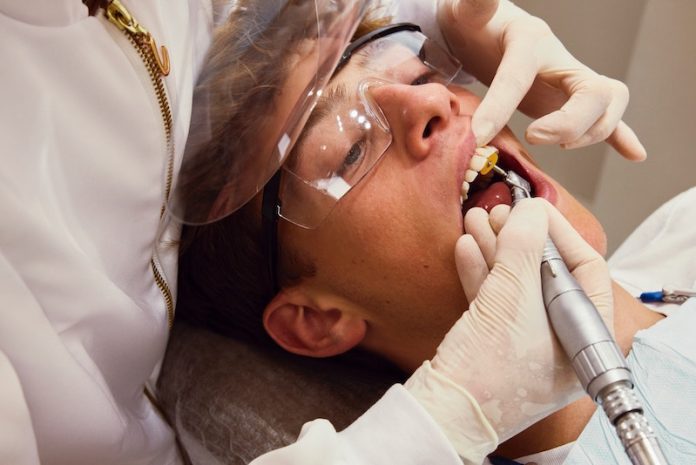
We’ve often heard about the importance of maintaining good dental hygiene for a shining smile, but did you know it might also be connected to how well you breathe?
A recent study presented at EuroPerio10, an esteemed congress on periodontology, has shed light on this intriguing connection.
Uncovering the Connection
Dr. Anders Røsland, from the University of Bergen in Norway, led a study that sought to explore the relationship between gum health and lung function.
Previous studies had already hinted at a connection, with some evidence showing that regular dental cleaning could help reduce flare-ups in people with chronic lung conditions.
However, this new study went a step further by examining this association in a more general community setting.
Study Details and Findings
To delve into this, researchers analyzed data from 1,021 participants. They underwent thorough dental check-ups that included X-rays, teeth and gum examinations, and specific measurements to evaluate the severity of any gum disease present.
Here’s what the study found:
- 28% of participants had moderate gum disease.
- 7% were grappling with severe gum disease.
- The rest, 65% of participants, either had no signs of gum disease or only mild symptoms.
Lung function was measured using a test called spirometry, which evaluates how much air you can exhale and how quickly.
Key metrics from this test were the Forced Expiratory Volume (FEV1) and Forced Vital Capacity (FVC).
Interestingly, as the severity of gum disease increased, there was a notable decline in these lung function measurements.
Even after accounting for factors like age, smoking habits, body weight, diabetes, and education, the link held strong: those with severe gum disease had lung function measurements lower than those with mild or no gum disease.
What Does This Mean for Us?
According to Dr. Røsland, this study’s results hint at a broader pattern: as gum health deteriorates, so does lung function.
One theory is that inflammation in the gums could lead to inflammation in the airways. Inhaling dental plaque, which is teeming with bacteria, might be another contributing factor.
However, it’s essential to note that while this study highlights a connection, it doesn’t necessarily prove causation.
As Dr. Røsland puts it, more research is needed to firmly establish the cause-and-effect relationship between gum and lung health.
Conclusion
Taking care of your gums might have benefits that go beyond just your oral health.
If this link between gum disease and respiratory health is confirmed, it could revolutionize the way we approach dental care, emphasizing its importance not just for a great smile but also for a deeper, clearer breath.
If you care about gum disease, please read studies about how to reverse gum disease effectively at home, and findings of best food for tooth and gum health.
For more information about health, please see recent studies about new drugs to treat diabetes, metabolic syndrome, and results showing that heavy cannabis use may decrease incidence of diabetes.
Follow us on Twitter for more articles about this topic.
Copyright © 2023 Knowridge Science Report. All rights reserved.



